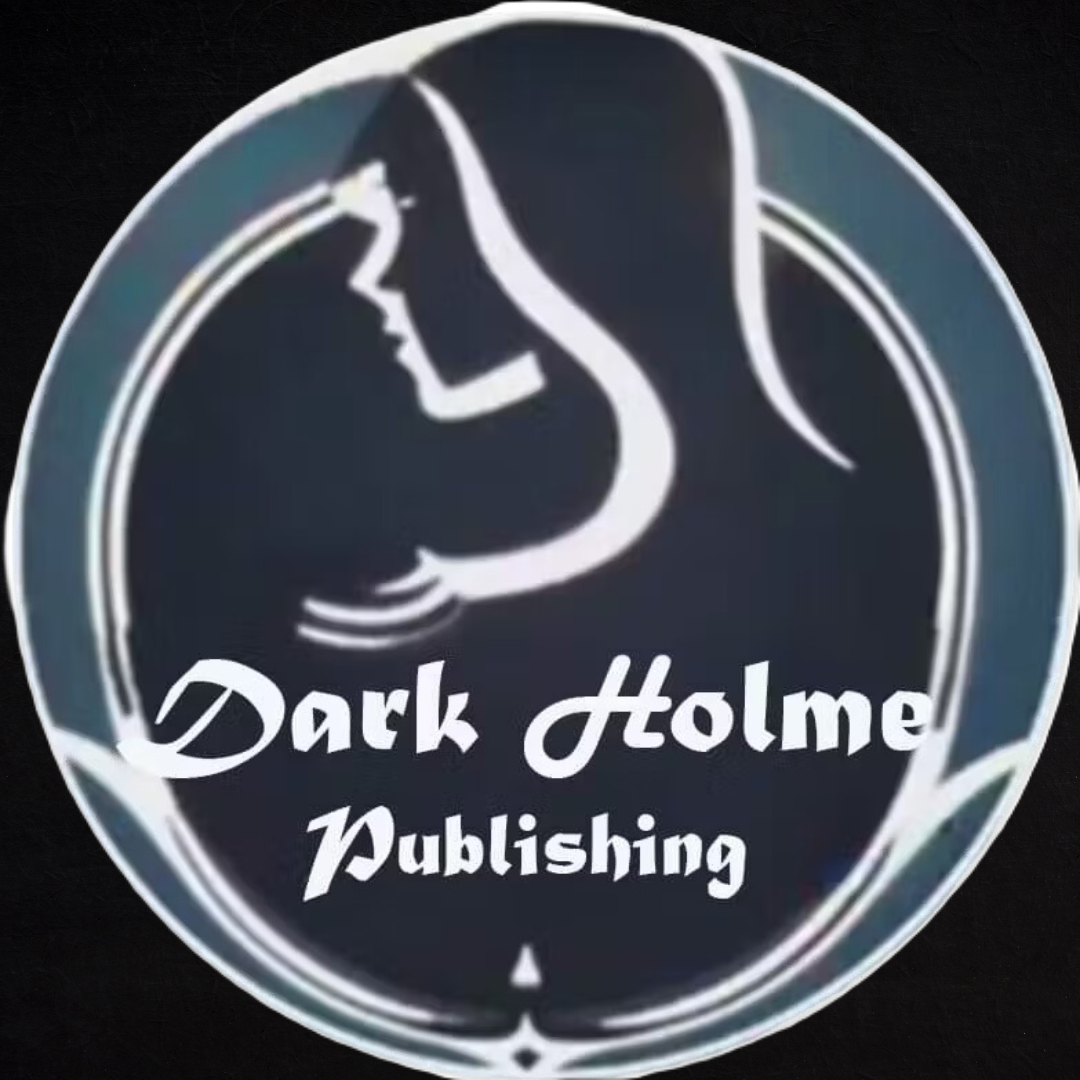The Vital Role of Indie Authors and Publishers in Diversifying Literature
- darkholmepublishin
- Jun 11, 2024
- 3 min read
Updated: Nov 28, 2024

The Vital Role of Indie Authors and Publishers in Diversifying Literature
In the world of books, the “Big 5” publishing houses dominate the landscape. These “Big 5” are Penguin Random House, HarperCollins, Macmillan, Simon & Schuster, and Hachette. These giants have the resources, reach, and influence to shape literary trends and public reading habits. However, indie authors and publishers are playing a crucial role in diversifying literature. They are even influencing these major publishing houses. Here’s why indie authors and publishers are essential to the literary ecosystem.
Championing Diverse Voices
Indie publishers and authors often prioritize stories and voices that are underrepresented in mainstream literature. They embrace narratives from marginalized communities, including those based on race, gender, sexuality, and cultural heritage. By doing so, they offer readers a richer and more inclusive literary experience. These stories might not fit the conventional molds that big publishers often adhere to. Yet, they resonate deeply with readers seeking authenticity and diversity.
Pushing Creative Boundaries
Without the constraints of mainstream market pressures, indie authors have the freedom to experiment with style, genre, and form. This creativity leads to innovative storytelling that challenges the status quo. It may be a novel blending magical realism with socio-political commentary. Or it might be a memoir in verse. Indie authors push the boundaries of what literature can be. This innovation often sets trends. Larger publishers eventually follow as they recognize the value and demand for such fresh perspectives.
Filling Niche Markets
Indie publishers excel at catering to niche markets that the Big 5 might overlook. They are adept at identifying and serving specific reader communities, from LGBTQ+ romances to speculative fiction featuring diverse protagonists. By filling these gaps, indie publishers ensure that all readers can find stories that reflect their experiences and interests. This fosters a more inclusive literary world.
Influencing the Big 5
The success of indie authors and their ability to connect with readers can influence the Big 5 publishing houses. When an indie book gains a significant following, it demonstrates market viability for diverse and unconventional stories. This success can prompt larger publishers to take notice. They may invest in similar projects. This can lead to a broader range of voices in mainstream literature. Additionally, successful indie authors are often courted by the Big 5, bringing their unique perspectives to a wider audience.
Community and Connection
Indie publishers often build strong, supportive communities around their books. They engage directly with readers and foster a sense of connection and loyalty. This grassroots approach contrasts with the often impersonal nature of large publishing houses. It creates a literary culture that values reader engagement and feedback. Such communities not only support indie authors. They also create a demand for more diverse and inclusive stories. This influences broader publishing trends.
Economic and Artistic Independence
Indie publishing empowers authors with greater control over their work. This independence allows them to maintain the integrity of their voice. Their message remains intact without the need to conform to mainstream editorial standards. This autonomy is crucial for artistic expression and ensures that diverse voices remain authentic and unaltered by commercial pressures. As more indie authors achieve success, they set an example for aspiring writers. They encourage aspiring writers to pursue their unique stories without compromise.
The Big 5 publishing houses hold significant power in the literary world. The contributions of indie authors and publishers are indispensable in diversifying literature. Indie authors and publishers enrich the literary landscape. They do this by championing diverse voices. They push creative boundaries and fill niche markets. They also influence major publishers, foster community, and maintain artistic independence. They ensure that literature remains a vibrant, inclusive space where every voice has the opportunity to be heard. As readers, supporting indie literature is not just about enjoying great stories. It’s also about advocating for a more diverse and representative literary world.


Comments